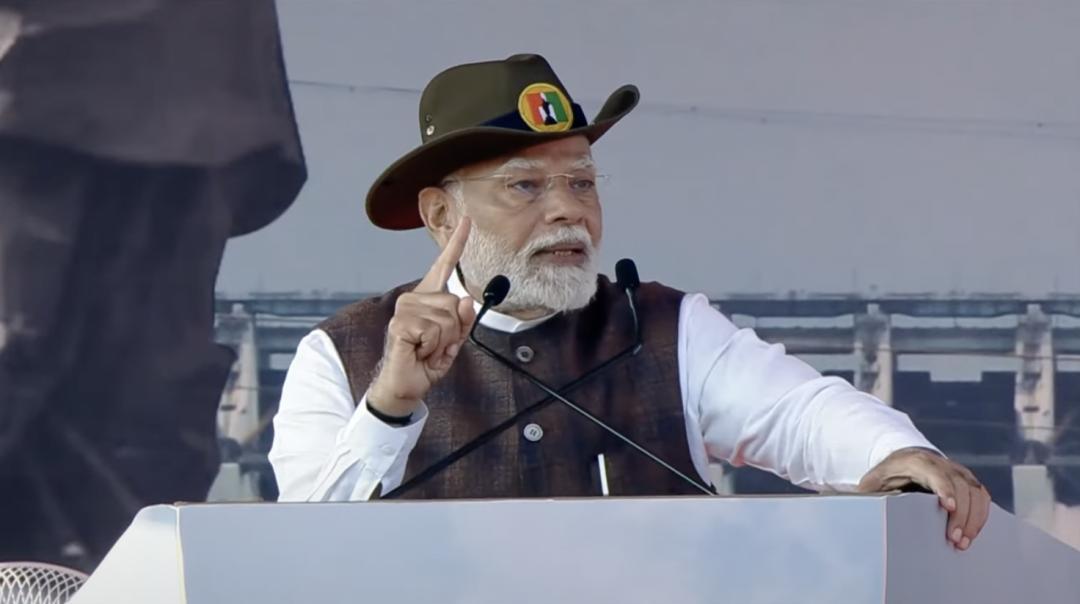 |
|
Prime Minister Narendra Modi, in a recent address at the Rashtriya Ekta Diwas celebrations in Gujarat, delivered a sharp critique of what he termed 'Urban Naxalism', a concept he claims is actively working to fragment the nation. Modi asserted that these individuals, while ostensibly upholding the principles of the Constitution and democracy, are in fact engaged in subversive activities aimed at fostering division within the Indian society.
Modi's accusations are rooted in his perception that 'Urban Naxals' are exploiting the very ideals of constitutionalism and democratic processes to further their agenda of fracturing national unity. He claims that these individuals, often cloaked in a veneer of respectability and legitimacy, are perpetuating divisive narratives and orchestrating social discord under the guise of championing constitutional rights and democratic values.
The term 'Urban Naxalism' has become a politically charged and controversial label in recent years. Critics of the term argue that it is a deliberately vague and nebulous concept used to stifle dissent and silence opposition voices. They point out that the term lacks a clear definition, and its use often serves to target individuals and groups critical of the government or its policies. The term has been accused of being used as a tool to suppress activism, particularly in the fields of human rights, environmental protection, and social justice.
The debate surrounding 'Urban Naxalism' has exposed deep divisions within Indian society and raised important questions about the boundaries of free speech, dissent, and the role of the state in regulating political expression. The use of such terms, particularly when they lack precise definitions and are deployed in a highly charged political climate, can have a chilling effect on free expression and contribute to an atmosphere of fear and intimidation.
Modi's call to identify and confront those who he believes are working to dismantle the nation from within highlights the importance of open and honest dialogue on these contentious issues. The use of such language, however, necessitates a careful consideration of its potential consequences and the importance of safeguarding the fundamental rights of all citizens.
